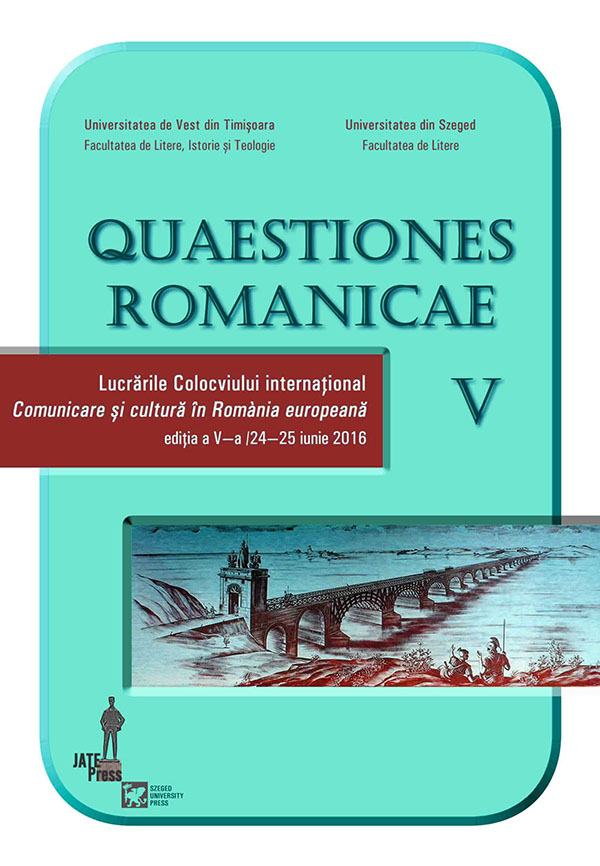Féminisation des textes institutionnels au Maroc
Abstract: (Feminisation of Institutional Texts in Morocco) The lexical feminization and the feminization of texts remain a relatively common subject of research in some French-speaking countries (particularly in Canada), but they have rarely been addressed in the publications on African Frenchspeaking countries. The article presents the level of lexical feminization in a corpus of institutional texts written in French and produced by various Moroccan institutions and authorities available on the Internet, among which, for ease of quantification and comparison, the authors analysed the forms (applications, certificates, declarations, attestations, etc.). The article contains some remarks on the situation and position of the French language in this Maghreb country, an explanation of the methodology used for the research and presentation of the results, which are analysed, commented and quantified according to various processes applied (or not applied) to make the women visible in this type of text. The results make it possible to assess the current approach to a sociolinguistic phenomenon that continues to provoke controversy in France, this time for a country with a Muslim majority that could potentially show considerable differences if compared to the European and American Frenchspeaking countries. Nevertheless, the authors demonstrate that lexical feminization is solidly, even if not systematically, present in Moroccan official texts.
Keywords: Morocco, feminization, forms, administrative language, French.
Résumé: La féminisation lexicale et la féminisation des textes constituent un sujet de recherche relativement fréquent dans certains pays francophones (surtout au Canada), mais elles ont rarement été abordées dans les écrits sur les pays francophones africains. L’article présente le niveau de féminisation lexicale dans un corpus de textes institutionnels écrits en français et produits par diverses institutions et autorités marocaines disponibles sur Internet, parmi lesquels, pour une plus grande facilité de quantification et de comparaison, les auteurs ont dépouillé des formulaires (demandes, certificats, déclarations, attestations, etc.). L’article contient quelques remarques sur la situation et la position de la langue française dans cet État maghrébin, une explication de la méthodologie utilisée pour la recherche, et la présentation des résultats, qui sont analysés, commentés et quantifiés selon divers procédés appliqués (ou non appliqués) pour rendre les femmes linguistiquement visibles dans ce type de textes. Les résultats permettent de faire le point sur un phénomène sociolinguistique qui continue à susciter la controverse en France, cette fois-ci pour un pays à majorité musulmane qui pourrait donc potentiellement présenter des différences considérables par rapport à la Francophonie européenne et américaine. Néanmoins, les auteurs démontrent que la féminisation lexicale est bien présente, même si elle n’est pas systématique, dans les textes officiels marocains.
Mots clés: Maroc, féminisation, formulaires, langage administratif, français.
